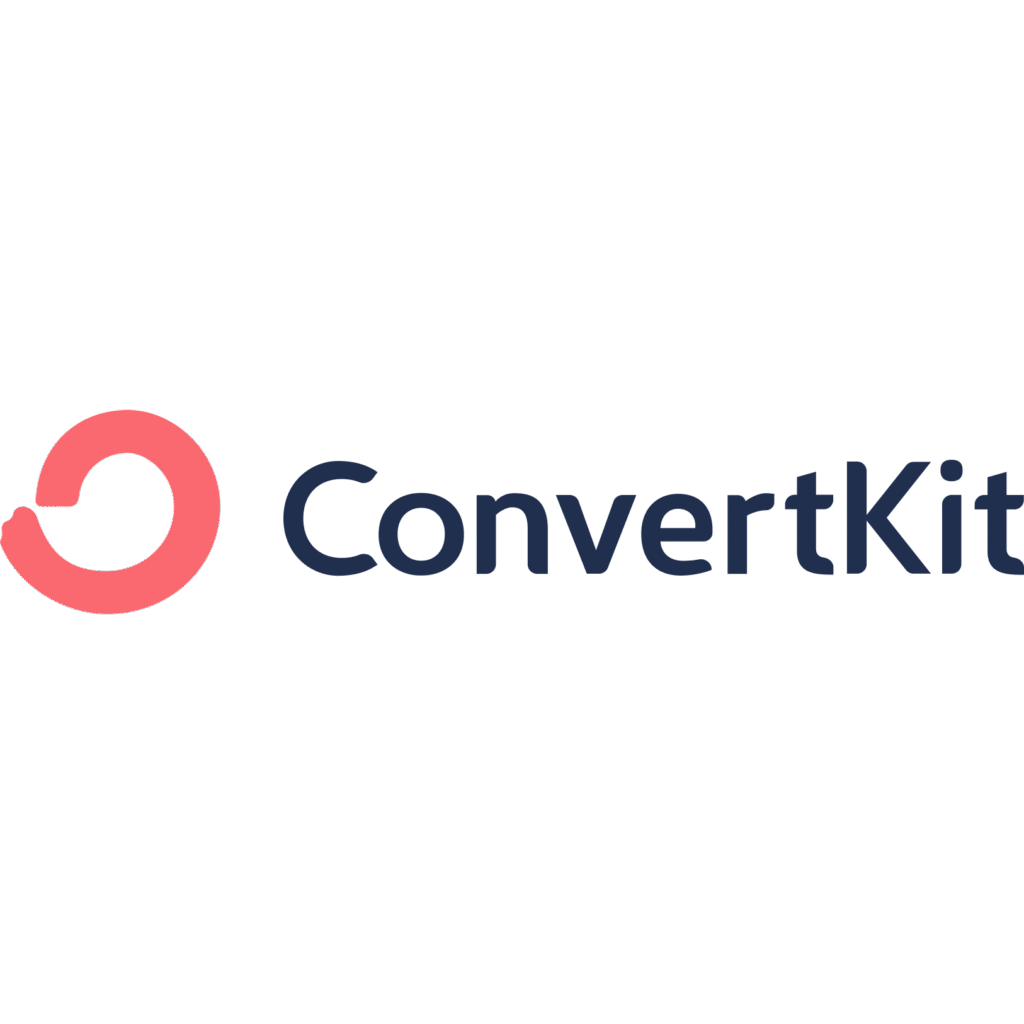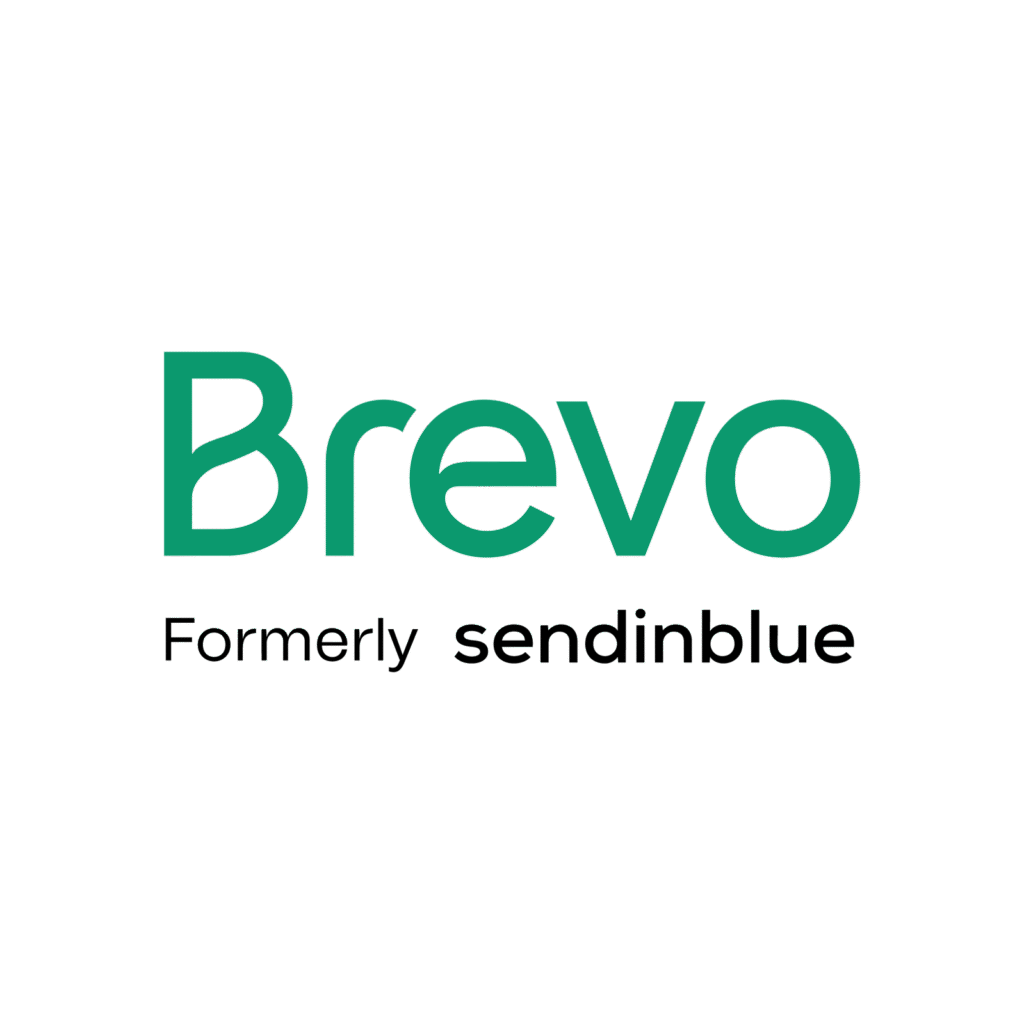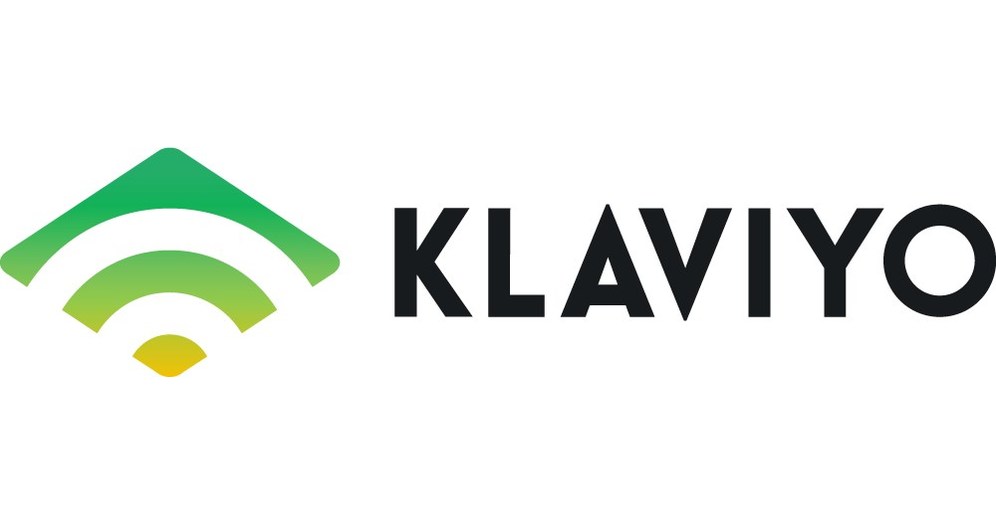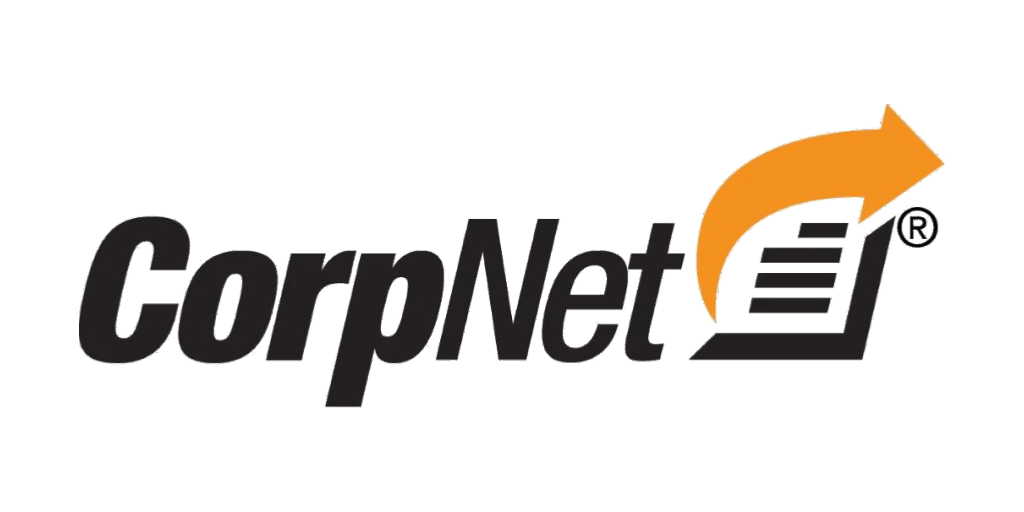Best Email Marketing Platforms in 2025
Compare top email marketing platforms to find the best fit for your business

Staff Writer
Arorix Editorial Team
Updated: June 14, 2025
1

9.8
EXCELLENT
Best for Simplicity & Value
- Starts at $10/month (free available)
- Automation + landing pages included
- Great for beginners needing ecommerce tools
2

9.5
EXCELLENT
Best for Personal Brands
- Starts at $15/month (free to 1k subs)
- Great for creators, coaches, and tagging
- Built for solo brands with segmentation
3

9.0
EXCELLENT
Best All-in-One on a Budget
- Starts at $25/month (free available)
- Email, SMS, CRM in one place
- Ideal for startups and lean teams
4

8.8
EXCELLENT
Best for Scaling Automation
- Starts at $29/month
- CRM, lead scoring, automations
- Perfect for full customer journeys
5

8.5
EXCELLENT
Best for Ecommerce Brands
- Free up to 250 contacts
- Product automation + DTC focus
- Great for Shopify & WooCommerce
Looking for a Complete All-in-One Solution?

9.9
Best Overall Business Launch Solution
- EIN, docs, & custom branding included
- Access to Arorix OS™ business dashboard
- Website, CRM, and automation tools built-in
Our Top 3 Services
Best for Simplicity & Value
- Starts at $10/month (free available)
- Automation + landing pages included
- Great for beginners needing ecommerce tools
9.8
2

Best for Personal Brands
- Starts at $15/month (free to 1k subs)
- Great for creators, coaches, and tagging
- Built for solo brands with segmentation
9.5
3

Best All-in-One on a Budget
- Starts at $25/month (free available)
- Email, SMS, CRM in one place
- Ideal for startups and lean teams
9.0
EXCELLENT
4

Best for Scaling Automation
- Starts at $29/month
- CRM, lead scoring, automations
- Perfect for full customer journeys
8.8
EXCELLENT
5

Best for Ecommerce Brands
- Free up to 250 contacts
- Product automation + DTC focus
- Great for Shopify & WooCommerce
8.5
EXCELLENT
Looking for a Complete All-in-One Solution?

Best Overall Business Launch Solution
- EIN, docs, & custom branding included
- Access to Arorix OS™ business dashboard
- Website, CRM, and automation tools built-in
9.9
What Makes a Good Email Marketing Platform
Easy-to-Use Builder – Drag-and-drop editor with templates that look great on all devices
Automation & Workflows – Set up welcome emails, follow-ups, and drip campaigns with ease
Segmentation Tools – Target by behavior, purchase history, or engagement to increase relevance
Analytics & Reporting – Track opens, clicks, conversions, and revenue in real time
Integrations – Connects with your website, CRM, and eCommerce tools for seamless marketing
Deliverability – High inbox placement rates so your emails don’t end up in spam
Email Marketing vs. Newsletters
Email Marketing vs. Newsletters: What’s the Difference?
Email marketing is a broader, results-driven strategy built to generate actions—whether that’s making a purchase, booking a service, or downloading a resource. It involves creating targeted campaigns, setting up automation flows, and segmenting your audience so each message hits with precision. The goal is conversion.
Newsletters, on the other hand, are more about consistency and connection. They’re usually sent on a regular schedule—weekly, biweekly, or monthly—and focus on keeping your audience informed, engaged, and in the loop. You’ll often find company updates, helpful tips, or curated content inside—not a hard pitch.
In short, email marketing is meant to drive revenue. Newsletters are built to nurture relationships. The strongest brands don’t choose one—they use both together to convert and retain.
What Features Actually Matter
Automation – Triggers, sequences, and behavior-based workflows that guide your audience
Analytics – Clear insights on opens, clicks, conversions, and revenue per email
Templates – Mobile-friendly, brand-ready designs that look great out of the box
Deliverability – High inbox placement so your emails avoid the spam folder
Integrations – Syncs with your website, store, or CRM to streamline everything
Start with what you need—but make sure it can scale as you grow.
Common Mistakes New Businesses Make
Blasting Everyone the Same Email – No segmentation = low engagement and high unsubscribes
Skipping the Welcome Flow – First impressions matter; automation should start from day one
Focusing Only on Looks – A beautiful email that doesn’t drive action is just decoration
Ignoring Deliverability – Poor list hygiene and spammy subject lines can tank inbox placement
Neglecting to Test – Sending without testing different subject lines, send times, or CTAs leaves conversions on the table






